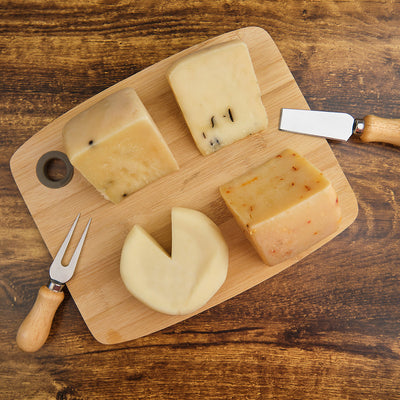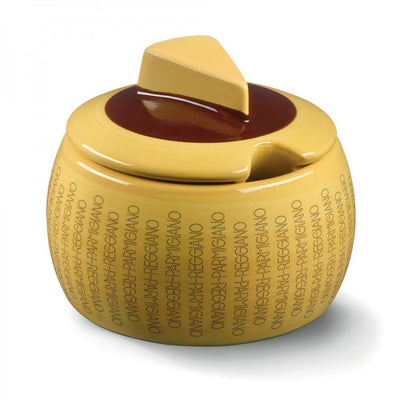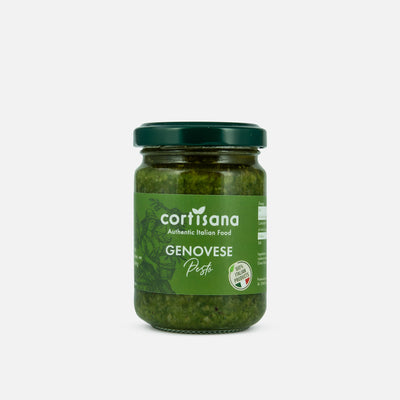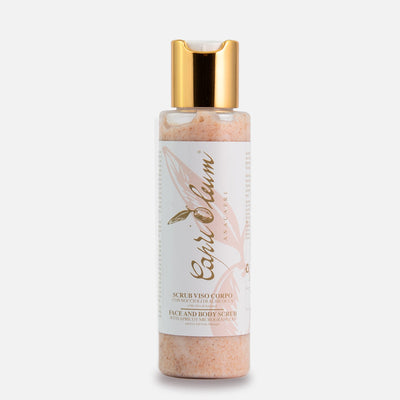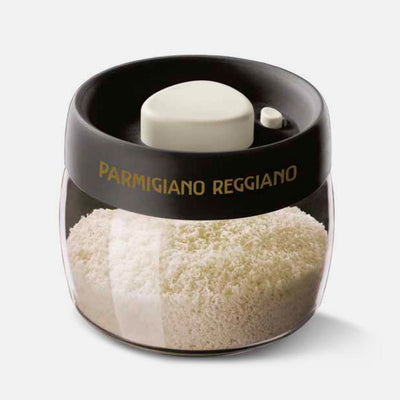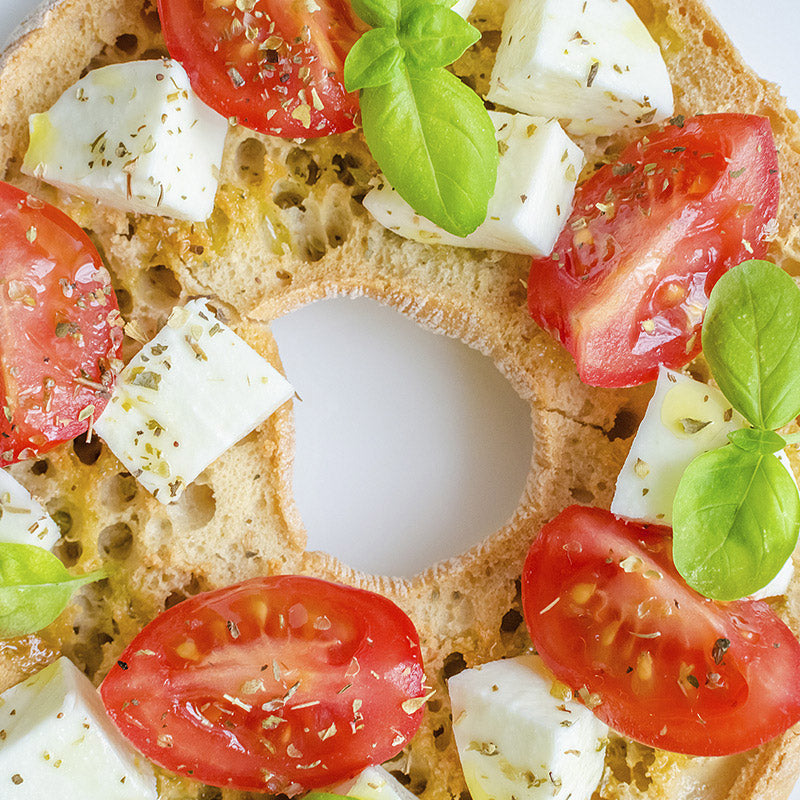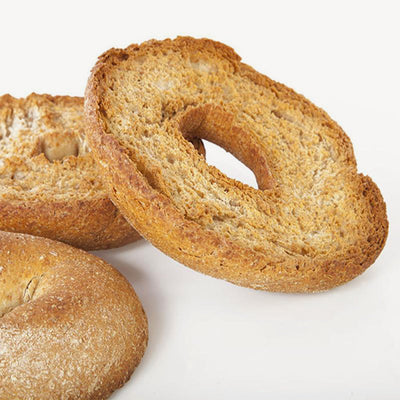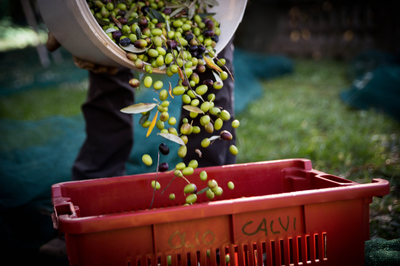Why choose us?
Sweetaly is a young company, focused on the price of the product. We are committed to selecting for you authentic producers, with local productions without intermediaries, so that you can enjoy a product of excellent quality at affordable prices.
We manage the relationships with the producer personally, we know them personally and we work together to give you the best

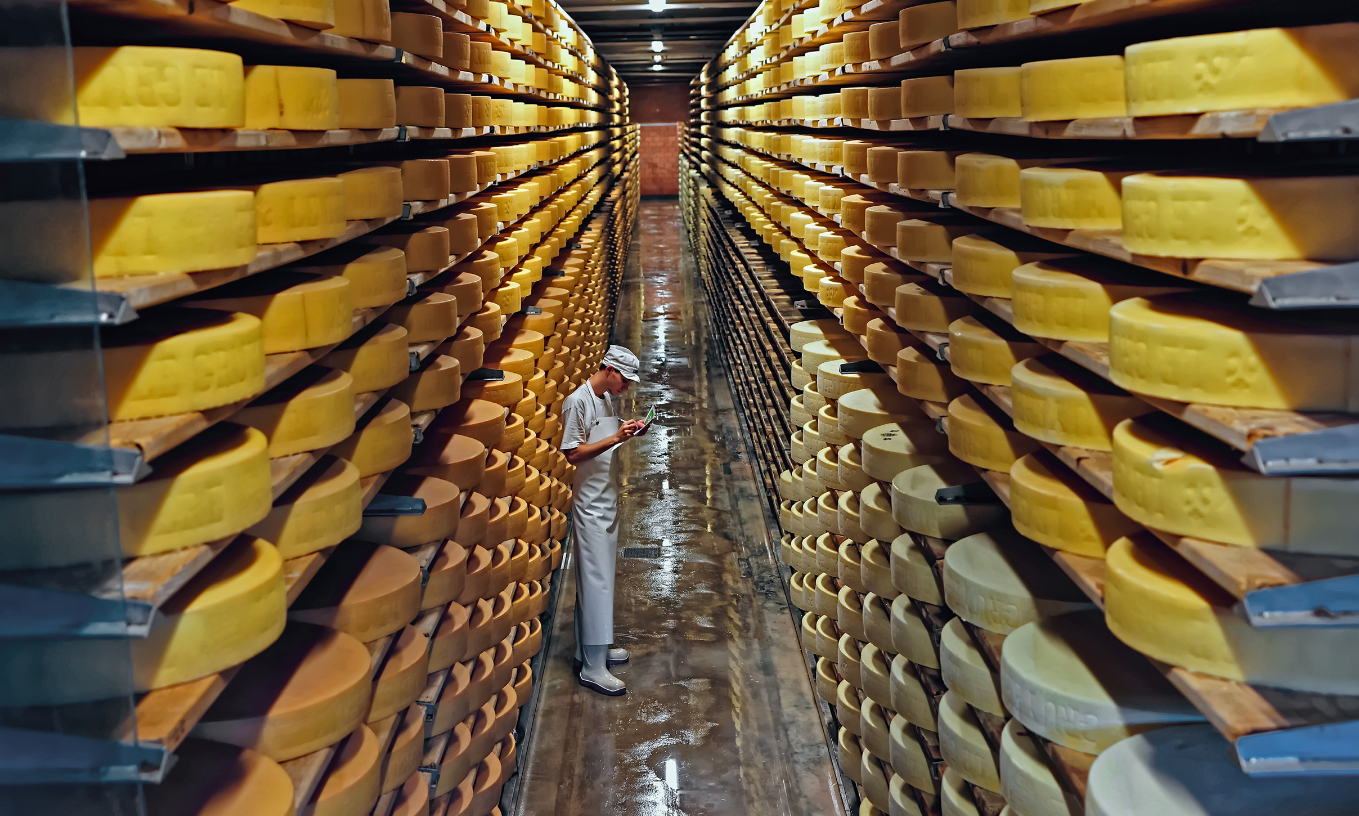
Careful selection, authentic product
Sweetaly food is committed to selecting manufacturers based on the quality and originality of their products.
Genuinely passionate
Our passion goes far beyond the products we sell. We are genuinely driven by a deep love for food, the rhythms of nature, and the intricate phases of artisanal production. From the diversity of ingredients to the richness of culinary traditions, we celebrate biodiversity and support sustainable, authentic techniques that respect both people and the planet. Every item we choose to share with you reflects our commitment to quality, craftsmanship, and the timeless values of genuine gastronomy.





